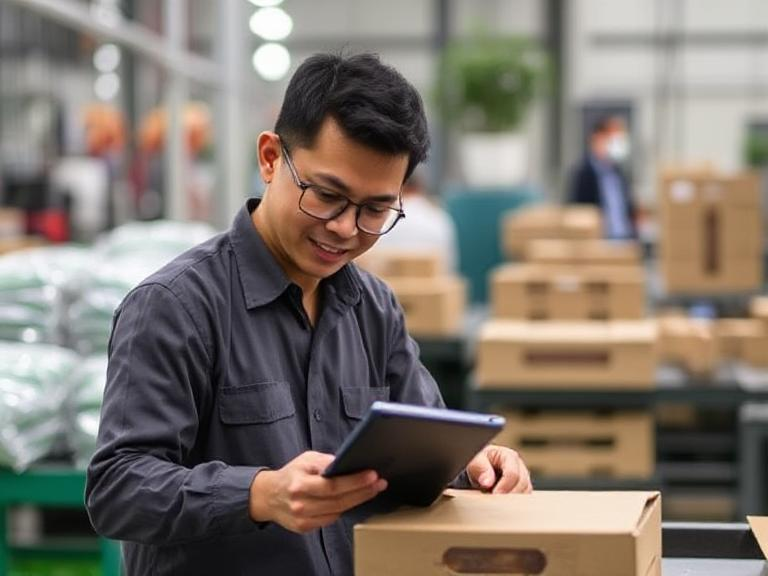Introduction
As global industries prioritize sustainability, Indonesia’s manufacturing sector is also embracing greener practices to reduce its carbon footprint. With government incentives, technological advancements, and increasing consumer awareness, businesses are implementing eco-friendly strategies to stay competitive. In this article, we explore sustainable manufacturing in Indonesia, practical steps to minimize environmental impact, and how
Bangladesh agents can contribute to responsible sourcing and trade.
Why Sustainability Matters in Manufacturing
Manufacturers are under growing pressure to adopt sustainable practices
due to:
- Regulatory Compliance: Government policies enforcing environmental standards.
- Consumer Demand: Preference for eco-friendly products and ethical sourcing.
- Cost Savings: Energy-efficient production reduces long-term operational costs.
- Global Trade Requirements: International buyers prioritizing sustainable suppliers.
Strategies to Reduce Carbon Footprint in Indonesian Manufacturing
1. Energy-Efficient Production Processes
Switching to energy-efficient machinery, optimizing production lines, and utilizing renewable energy sources like solar and wind power can significantly lower emissions.
2. Sustainable Raw Material Sourcing
Partnering with ethical suppliers and
Bangladesh agents ensures access to eco-friendly raw materials while promoting responsible sourcing.
3. Waste Reduction and Recycling
Implementing a circular economy approach by reusing and recycling materials can minimize industrial waste and pollution.
4. Water Conservation Techniques
Reducing water usage through advanced filtration systems and reusing wastewater in production facilities can help conserve vital resources.
5. Eco-Friendly Packaging Solutions
Replacing plastic packaging with biodegradable or recyclable materials helps reduce environmental impact.
6. Adopting Digital Manufacturing Technologies
The use of AI, IoT, and smart manufacturing systems can optimize production efficiency, reduce waste, and lower carbon emissions.
The Role of Bangladesh Agents in Sustainable Manufacturing
Bangladesh agents play a key role in promoting sustainability by:
- Connecting Indonesian manufacturers with eco-conscious suppliers.
- Facilitating the trade of sustainable raw materials between Indonesia and Bangladesh.
- Ensuring compliance with global environmental standards for international trade.
- Assisting businesses in implementing green logistics and supply chain solutions.
Challenges in Achieving Sustainable Manufacturing
While the shift towards sustainability is essential, manufacturers face challenges such as:
- High Initial Investment: Upgrading to green technologies requires significant capital.
- Lack of Awareness: Many businesses still lack knowledge of sustainable alternatives.
- Supply Chain Complexities: Sourcing sustainable materials can be challenging without the right partners.
Future of Sustainable Manufacturing in Indonesia
With government initiatives like the “
Green Industry” certification and international collaborations, Indonesia’s manufacturing industry is on the path to a more sustainable future. Businesses that adopt eco-friendly practices today will gain a competitive advantage in global markets.
Conclusion
Sustainable manufacturing is no longer an option but a necessity for businesses in Indonesia. By leveraging innovative technologies, efficient resource management, and ethical sourcing practices with the help of
Bangladesh agents, companies can successfully reduce their carbon footprint while maintaining profitability. Investing in sustainability today will ensure long-term success in the evolving global marketplace.
